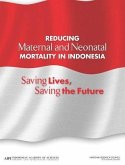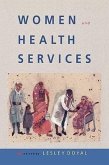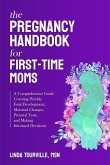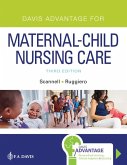Maternal health services refer to the care provided to women during pregnancy, childbirth, and the postpartum period to ensure the health and wellbeing of both the mother and the newborn. The utilization of maternal health services is critical in reducing maternal and infant mortality rates, particularly in developing countries where access to healthcare is limited.One of the main factors affecting the utilization of maternal health services is access to healthcare facilities. In many developing countries, healthcare facilities are scarce, and women have to travel long distances to receive care. This can be particularly challenging for women in rural areas who may not have access to transportation. In addition, the cost of maternal health services can be a barrier to utilization, especially for women living in poverty. Education and awareness also play a significant role in the utilization of maternal health services. Women who are aware of the importance of antenatal care and skilled birth attendance are more likely to seek out these services. Education and awareness campaigns can help dispel myths and misconceptions surrounding maternal health and encourage women to seek out care.Another important factor is the quality of care provided. Women who receive high-quality care are more likely to return for subsequent services and recommend the services to others. Quality care includes access to skilled healthcare professionals, clean and well-equipped facilities, and adequate medication and supplies.Cultural and social norms can also impact the utilization of maternal health services. In some communities, traditional birth attendants or family members are preferred over skilled healthcare professionals, and women may avoid seeking care in a healthcare facility. Addressing these cultural and social norms requires community engagement and collaboration with traditional birth attendants and other community members.In conclusion, the utilization of maternal health services is crucial in ensuring the health and wellbeing of both the mother and the newborn. Access to healthcare facilities, education and awareness, quality of care, and cultural and social norms are all factors that influence utilization. Addressing these factors requires a multifaceted approach, including community engagement, healthcare infrastructure development, and education and awareness campaigns.








